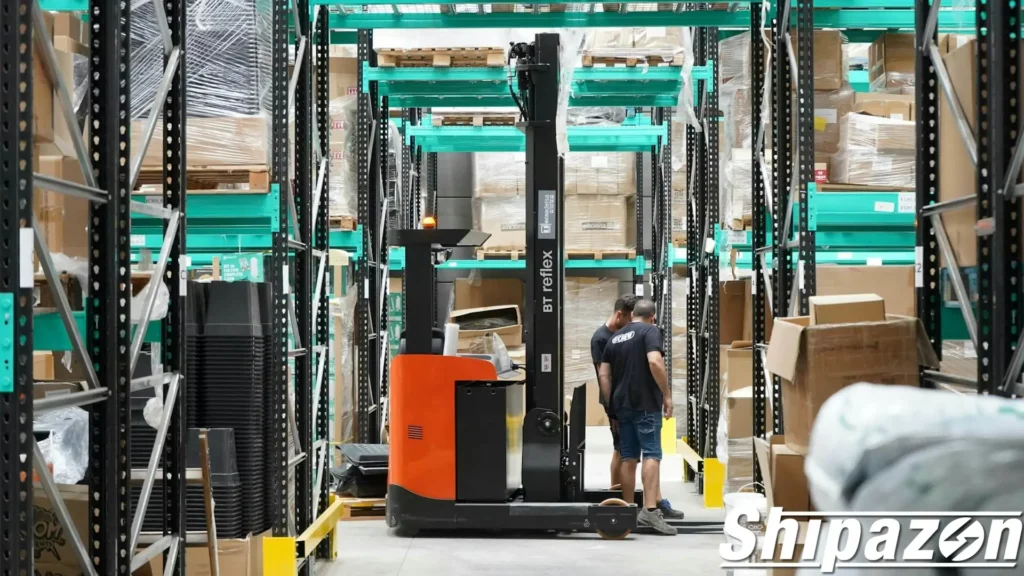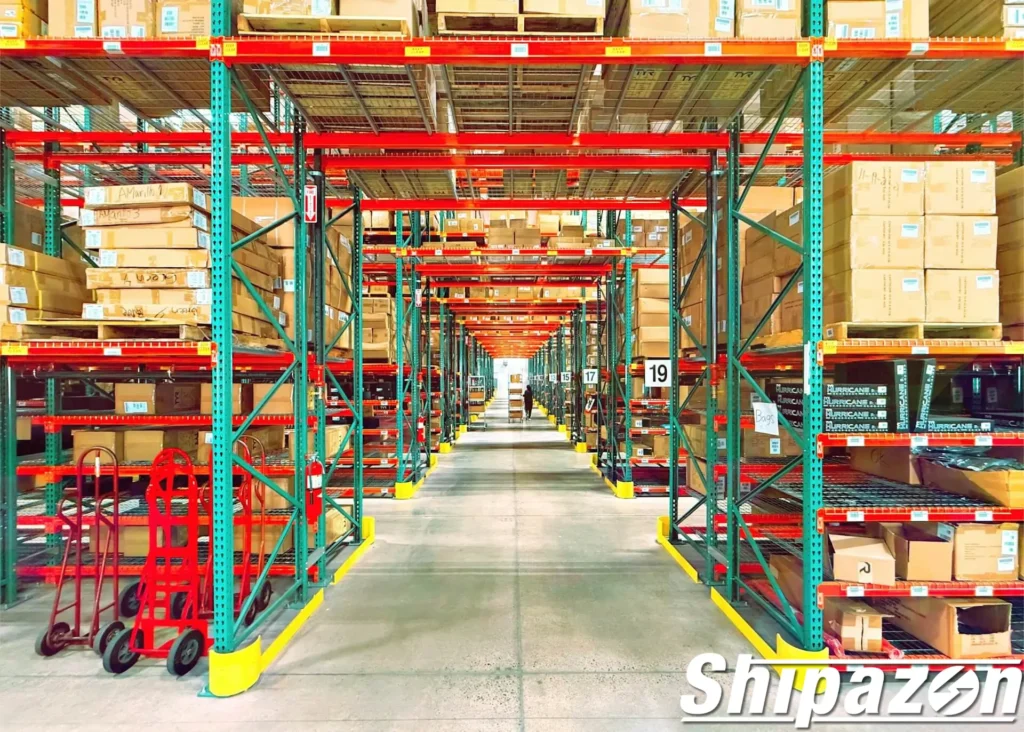Seattle – the Emerald City – is one of the largest urban centers in the northwestern United States. It is known for its beautiful scenery, high technology base, and logistics role for commerce than it ever could traditionally sustainability. Logistics companies in Seattle connect the vast array of supply chains in the domestic and global supply networks. Why is this?
Contents
The Importance of Seattle in the Logistics Industry
Logistics companies in Seattle have an important role to play in many more economic and social factors locally, nationally, and globally. First, the geography of Seattle is strategic. Seattle is located on the western coast of the United States.
Near the major shipping routes with international trade, specifically Asia. Therefore Seattle logistics companies are key conduits in the global supply chain. That facilitates the access and exchange of products due to logistic infrastructure for the import and export of goods.
Second, Seattle is located near a number of international ports – The Port of Seattle and The Port of Tacoma. The Ports of Seattle and Tacoma are some of the largest container shipping ports in the United States. And when you combine them they form the “Seattle modern ports complex” that itself is one of the busiest.
The Ports of Seattle and Tacoma acts as main port discharging point for the major shipping companies in the world. Moving goods and containers worldwide with the Pacific Rim to and from Asia and the much of the rest of the world. Naturally, logistics companies utilize this port infrastructure to reduce time for delivery, reduce waiting times, and lower distribution costs.
Third, an extensive transportation network improves Seattle’s position as a logistics center. Seattle links different modes of transportation, including sea, air, and land. The state-of-the-art infrastructure includes an international airport, highways, and railway lines. This gives businesses the flexibility and efficiency to ship goods to meet customer needs.
Fourth, Seattle’s logistics industry helps drive regional economies. Logistics helps area drive regional economies. By servicing local markets such as technology and manufacturing as well as by retailers. The timely management of moving goods from transportation networks to customers creates smoother operational processes and jobs.
Fifth, Seattle is recognized as a city of innovation and technology. Logistics companies adopt advanced technologies. Like real-time tracking systems along with automated warehousing support. The use of advanced technologies helps to increase operational efficiencies, accountability, and produce custom services.
Sixth, sustainability support. Many logistics companies in Seattle figure out how to be “green”. By using electric vehicles to transport goods. As well as being better stewards of the environment by optimizing delivery routes to minimize deliveries. Management of transportation activities can significantly reduce environmental impacts. It is also in line with local community values.
In other words, logistics are vital for Seattle, as they operate the moving of goods efficiently, provide support for industry growth, technology advancement, and sustainability. Their presence makes Seattle a vital distribution hub in the global trade network.
Key Challenges for Seattle’s Logistics Companies
Logistics companies in Seattle face a number of unique challenges influenced by local geographic, economic, and social conditions.
First, traffic congestion and infrastructure. Seattle is known for its high traffic congestion, especially around the port and downtown. This can cause delivery delays and increase transportation costs.
Second, weather and environmental challenges. Seattle’s frequently rainy and humid weather can impact shipping operations, particularly for inland shipping and port loading and unloading activities.
Third, intense competition and high operating costs. The cost of living and labor in Seattle is relatively high compared to other cities. This forces logistics companies to manage operating costs effectively to remain competitive in a highly competitive market.
Fourth, stringent environmental regulations. Washington’s local and state governments have stringent environmental regulations. This encourages logistics companies to invest in environmentally friendly vehicles and sustainable operating practices, which can increase initial costs.
Fifth, a limited skilled workforce. The shortage of truck drivers and other skilled workers is a significant problem, especially in the rapidly growing Seattle metropolitan area.
Sixth, global supply chain disruptions. As an international trade hub, logistics companies in Seattle are vulnerable to global disruptions. Such as pandemics, trade conflicts, or port issues in other countries that impact the flow of goods.
Seventh, the need for technological adaptation. Companies must continuously keep up with technological developments to increase efficiency and transparency. However, adopting new technology requires significant investment of time and money.
Shipazon’s Logistics Services in Seattle
Shipazon, based in Kent, WA, is a logistics provider offering integrated warehousing and transportation solutions for businesses throughout the region. With a strategic location near major ports and distribution hubs, along with comprehensive services and a flexible approach, Shipazon is well-positioned to meet a wide range of supply chain needs.
Our services include efficient and well-managed warehousing operations such as transloading, cross-docking, e-commerce fulfillment, and value-added solutions. We also provide reliable and adaptable transportation options, including drayage and over-the-road (OTR) freight services.
These capabilities address local challenges like traffic congestion, the demand for faster delivery, and the complexities of port-related logistics. By streamlining operations, Shipazon helps businesses in and around Seattle improve efficiency, reduce costs, and deliver better service to their customers.


